Pre-Surgery Patient Information
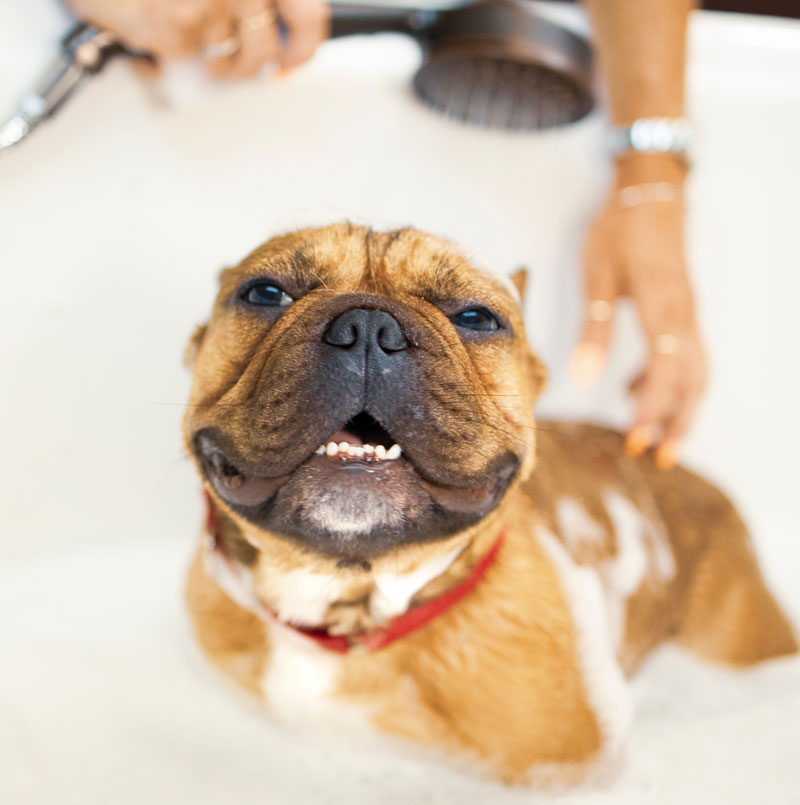
Prior to Admission
Please remove your pet’s food from 10pm the night before surgery, unless directed otherwise by your pet’s veterinarian. It is not necessary for pocket pets such as rabbits, guinea pigs, mice, rats etc, to fast before surgery.
There is no need to remove your pets water bowl prior to admission.
Please continue with any regular medications as normal. Please seek advice from your veterinarian if you are unsure.
We highly recommend that you bathe your dog the prior to their surgery day, in preparation for their procedure to ensure they are as clean as possible during surgery. We also recommend not to bathe your pet for 2 weeks after surgery, to allow time for their surgical site to heal and prevent infection.
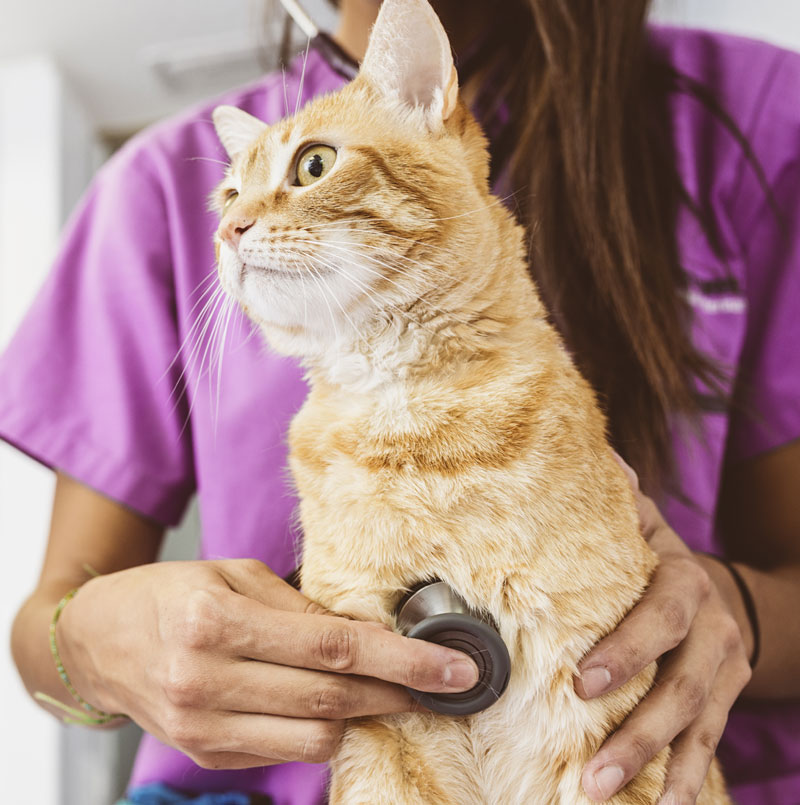
Admission Appointment
Please bring your pet to the clinic at the admission time given to you at the time of booking. The vet nurse will confirm the procedure with you, go through the ‘Hospital Admission and Consent form’ with you and answer any questions you may have.
We will double check your contact information as it is very important that we are able to contact you throughout the day to discuss your pet. This could be to discuss blood test results, report unexpected findings, get permission to change the treatment plan because of further examination under general anaesthetic (e.g., for dental procedures), and in rare cases, to discuss emergencies.
The admission appointment may take around 10-15 minutes.
Once you leave, your pet will be taken to the hospital. Placed in a room with comfortable bedding.
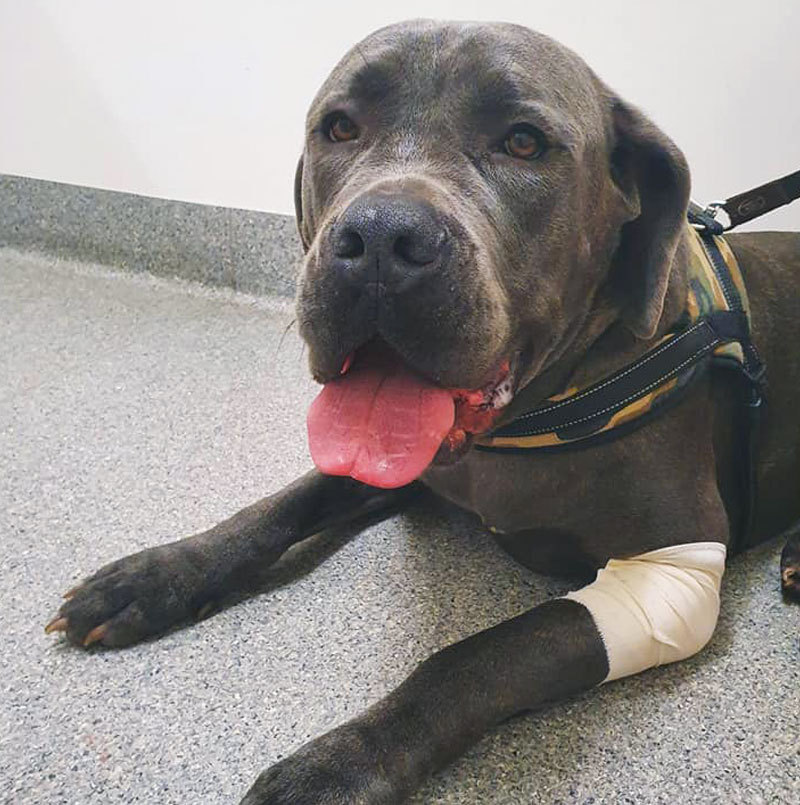
Pre-op Care
Prior to surgery all our patients have pre anaesthetic check-up prior to having any medications.
We recommend your pet has a pre-anaesthetic blood test to assess the overall health of your pet. These tests can be performed with our in-house pathology machines, to ensure your pet’s organs are healthy and fit for anaesthetic. In some circumstances the results may not be normal. This helps us to make an informed decision as to whether your pet is fit to undergo a general anaesthetic.
Your pet will be given a premedication, this helps make them feel comfortable while in hospital and can also provide pain relief and compliment the anaesthetic.
A catheter will be placed on your pet’s forearm to allow us to have intravenous access for medications, fluid therapy and emergency access if needed. Pain relief and antibiotics will be prescribed when required.
Intravenous fluids are used to help maintain adequate blood pressure and kidney function throughout the procedure and to prevent dehydration and provide a smoother recovery for your pet.
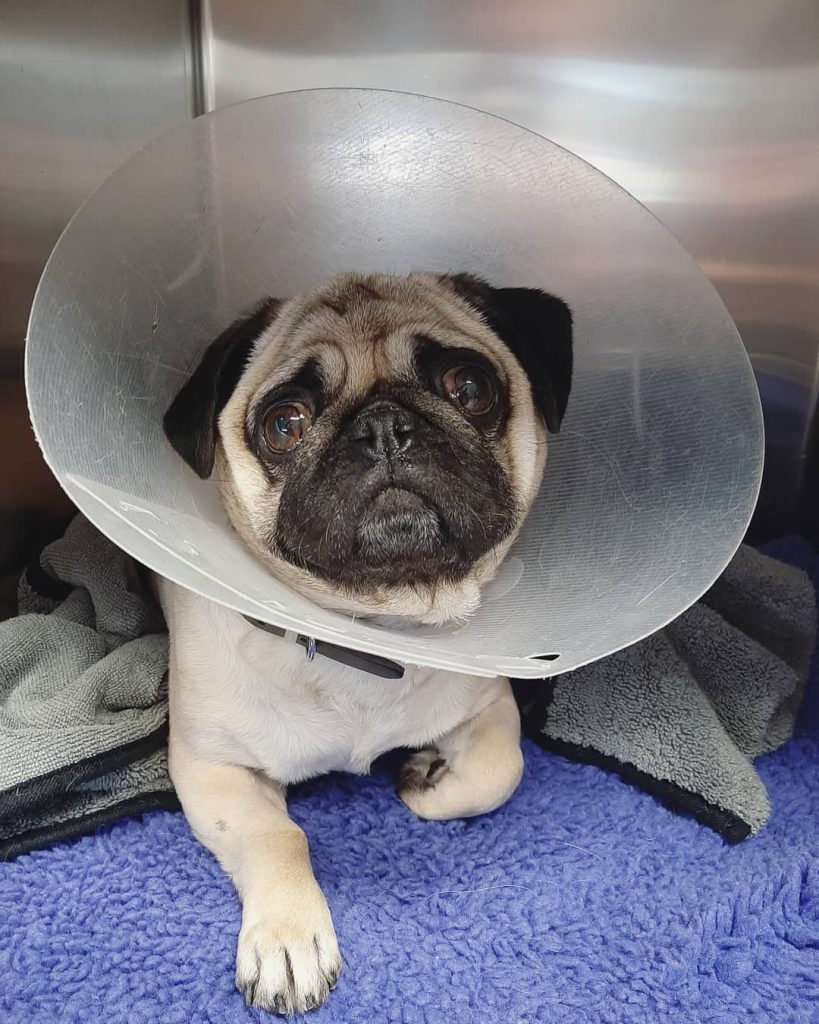
Surgery
Your pet will be intubated during their procedure, via an endo tracheal tube down the windpipe, so we can maintain oxygen levels and deliver the anaesthetic agent.
During your pet’s anaesthesia, a veterinary nurse will work closely with the veterinarian by monitoring their oxygen rate, carbon dioxide levels, respiratory rate, heart rate, temperature, mucous membranes, capillary refill time and blood pressure throughout the anaesthetic.
After surgery, your pet will be taken to the hospital to recover from anaesthetic with the surgical nurse, they will be closely monitored until they are awake.
Your pet will be given an additional pain relief injection that will help with pain relief for a further 24 hours.
We have calming pheromone diffusers running in our hospital wards. This provides comfort and security to all dogs and cats.
Our veterinary nurses will continue to keep an eye on them throughout their stay and take them for walks (dogs only!) and will attend to their needs until it is home time.
Our team will contact you once your pet has recovered from anaesthetic to organise a discharge time. Generally, discharge appointments are between 3-5pm. Please allow 10-15 minutes for the discharge with our team.
At the time of discharge, the nurse will take you through the post-operative care requirements for your pet and provide feedback on the procedure. The Veterinary Nurse will also provide you with any medications that are required and explain to you why they have been prescribed.
When you arrive to collect your pet, please present to reception to arrange payment of the outstanding amount. Belmont Vet Centre require payments in full upon completion of treatment.
We accept Eftpos, Cash and VetPay.
Visit www.vetpay.com.au for more information about VetPay, fortnightly payment plans are available if you are interested.
We also accept Trupanion Pet Insurance which can approve and pay claims directly to us within 5 minutes, meaning you can pay the gap only. Find out more here.
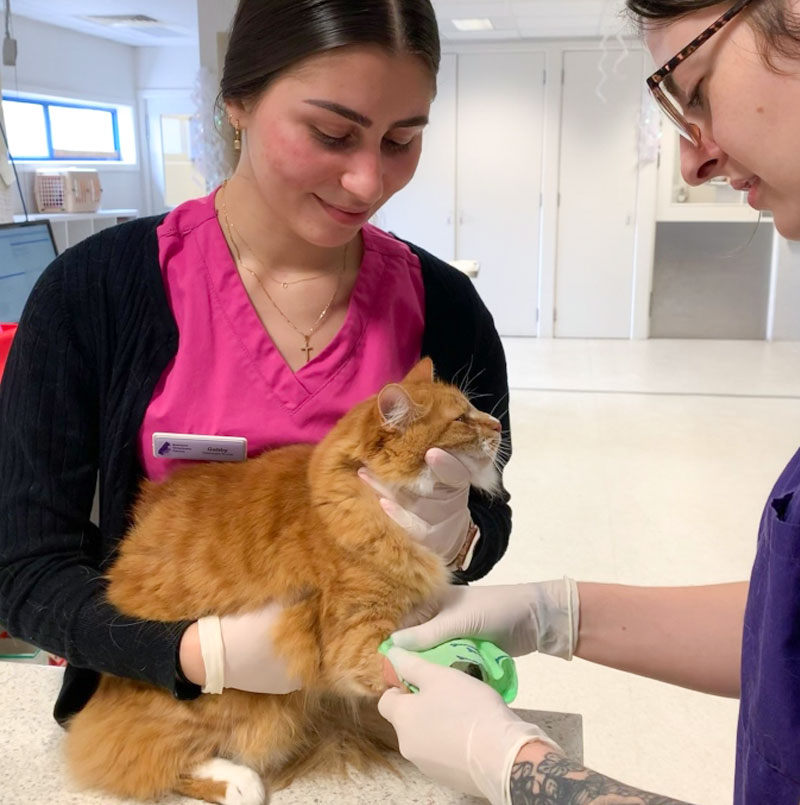
Post Surgery Review
Post-operative appointments are an important part of recovery, as this allows us to check on your pet’s progress, check the wound site and ensure everything is healing well. This appointment is a complimentary post-op check with one of our nurses. Generally, we would like to see your pet again in about 10-14 days (depending on the procedure).
If you have any further questions or concerns prior to this, please do not hesitate to contact us on 03 5241 2388.
Thank you for choosing us to be a part of your pet’s comprehensive health care.
Types of Surgery
- desexing (spay, castration, and vasectomy)
- Caesarean section (everyone loves babies)
- biopsy
- abscess surgery
- eye and eyelid surgery
- ear surgery
- hernia repair
- airway obstruction treatment (soft palate, larynx)
- abdominal or chest surgery
- Surgical tumour removal
Just to name a few!
- Fractures and ligament repairs both simple and complex.
- Conventional plates, Linear, and hybrid external fixation
- Correction of angular limb deformities
- Cranial Cruciate ligament rupture “ACL.”
- Tibial-plateau-leveling osteotomy (TPLO)
- Extracapsular stabilisation (lateral fabella suture or De Angelis repair)
- Patella luxation
- Distal femoral wedge ostectomy for distal femoral bowing
- Femoral head and neck removal
- Juvenile pubic symphysiodesis – prevents Hip Dysplasia.
Orthopaedic surgery performed at Belmont Vet Centre is usually either Bone Fractures, or Joint/Ligament Injury surgery and may be as a result of a traumatic accident (fall, hit by car, foot in pothole when running), but could also include correction of congenital and developmental limb deformities or removal of cancers involving bones.
Fracture investigation and repair in animals involves stabilising the patient, diagnosing the extent of the injuries, and fixation of broken bones to allow them to heal. Stabilisation means dealing with any life-threatening problems such as damaged internal organs, and shock. Diagnostic radiographs (X-rays) are taken to determine the extent of and repair type for any fractures. Some repair options are available and are selected depending on the type of fracture, sometimes in combination. They include: splinting, cerclage wiring around the bone, screws, plates, pinning and external skeletal fixation (external frame).
The surgical procedure for other orthopaedic injuries (such as anterior cruciate ligament rupture) is similar, with the diagnosis being made at a consultation. And then confirmed with X-rays and examination under anaesthetic. Repair consists of stabilising the joint if unstable, and removing any torn, or damaged tissue likely to cause future problems.
Have a question about our surgery services?
Please do not hesitate to contact us.

